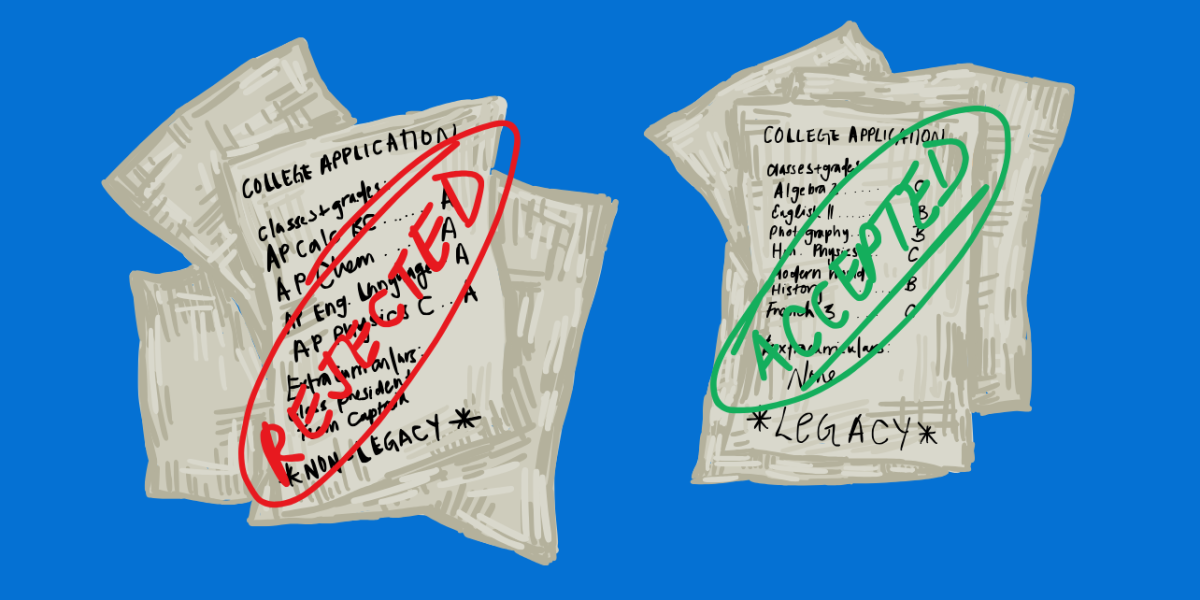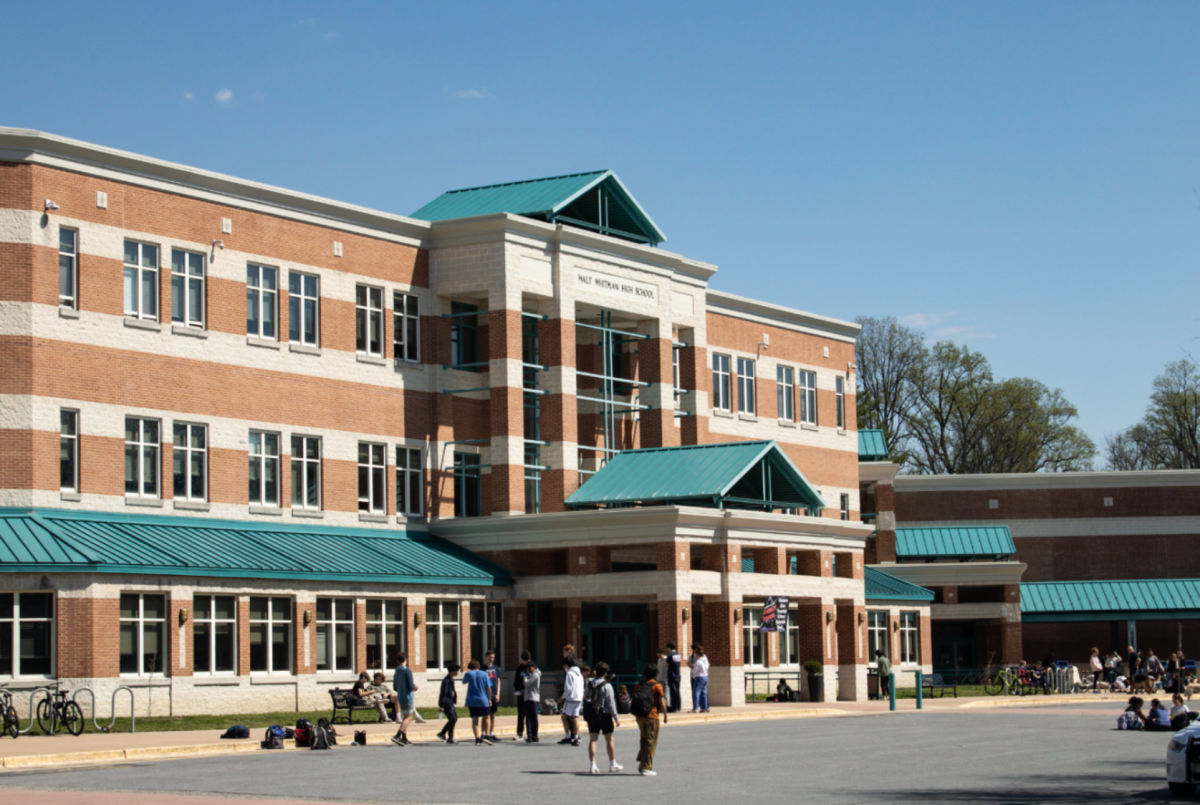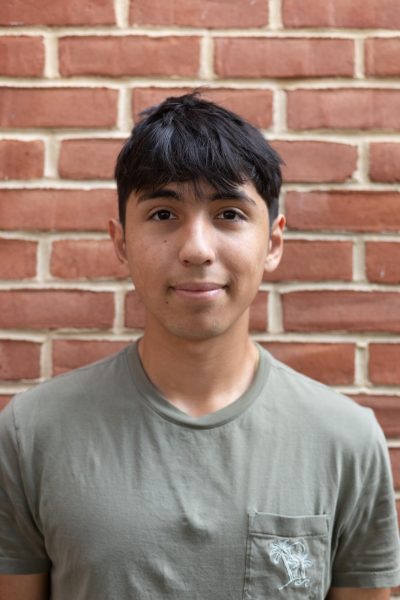It’s 7:45 a.m. on a Monday in September. The second week of school is just beginning, and classes are moving away from icebreakers to real content. As your Spanish teacher starts to lecture about the subjunctive and past participle, a pit grows in your stomach. It hits you – you have absolutely no idea what they’re talking about.
This situation is all too real for students in a wide array of subjects. More than half of students in the U.S. reported forgetting content over the summer five years in a row. Though summer learning loss affects nearly every student, most departments at Whitman don’t have measures in place to counteract it.
Summer learning loss disproportionately affects students in continuation classes, classes that build upon the information and skills acquired in a lower-level class. For example, AP Spanish Language and Culture is a continuation of Spanish 5 and AP Chemistry builds on the content learned in Honors Chemistry. Typically, continuation classes dive deeper into previously covered topics, often requiring students to remember a great deal of knowledge with minimal recap at the next level.
Spanish teacher Ana Maria Martin-Romera said she has learned to deal with learning loss while teaching continuation classes.
“It’s part of something that we count on every year,” Martin-Romera said. “We plan to review a little bit from the previous year.”
On average, a student loses one month of learning over the summer. This trend is even more pronounced for higher grade levels and classes. As students enter the new school year with learning loss, their information deficit increases annually. Over the three years when students are in middle school, this loss can total almost half of all content learned over time.
Math department head Becca Thompson has also witnessed summer learning loss firsthand, she said.
“Having that break and not doing even just basic math, basic arithmetic is very impactful,” Thompson said. “You might be a little wobbly in the beginning.”
To graduate, every Whitman student must take multiple years of continuation classes such as foreign language or math. Math is notorious for high rates of learning loss, often forcing students to dedicate time outside of school just to catch up, such as by doing assigned reviews.
“We’ll post an optional DeltaMath or an optional worksheet,” Thompson said. “[We] give you that extra practice that five students might need or maybe only one student needs, or maybe everyone needs.”
Teachers can combat this problem by including mandatory summer work for continuation classes. Practicing a subject over summer break helps knowledge retention in the next school year.
“In a class like Spanish, you cannot leave what you learn,” Martin-Romera said, “so you have to be a little bit active.”
Mandatory summer work for continuation classes could consist of practice problems on higher-level concepts that students will need to retain for the subject’s next level, accompanied by resources and videos if students struggle with remembering content.
Thompson suggested some strategies that departments could implement, specifically professional learning communities or PLC achievement teams. PLC achievement teams are groups of teachers who meet to discuss their subject. Thompson suggested that students watch videos on DeltaMath or Khan Academy accompanied by a review assignment from PLC teams.
Although needing a break from schoolwork during the summertime is completely understandable, having mandatory summer work for continuation classes would only benefit students. Allowing students to see what baseline level of knowledge they’ll need for the start of the year could help reduce potential stress later in the year. If students know what content teachers expect them to know before taking a higher-level class, they can enter the new year prepared and won’t have to go through the stress of realizing a class is too difficult and dropping it in the first weeks of school.
Moving forward, teachers need to include mandatory summer work in their lesson plans and take active steps to counteract the effects of summer learning loss, which has been considered a constant for far too long. It is up to teachers and students to actively push back.















